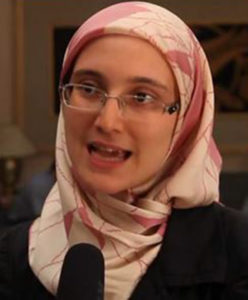 Umeyye Isra Yazicioglu
Umeyye Isra YaziciogluAssociate Professor of Islamic Studies, St. Joseph’s University
Thursday, October 5, 7:00 p.m.
Sussman Theater, Olmsted Center, Drake University
—–
Miracle stories in the Quran interrupt our familiarity with the world. In fact, the Quran (not unlike other scriptures) shocks us with stories like that of virgin birth, instant healing with touch, fire not burning and a staff becoming a serpent. Why? This talk will suggest that these miracle stories in the Quran are in fact transformative invitations to wonder & gratitude. In making this point, the talk will make use of two insightful Islamic theologians, Ghazali (11th century) and Nursi (20th century), with a focus on their approach to the Quran, natural order, and human life.
Professor Yazicioglu’s research is on interpretation of the Quran in the contemporary age, Islamic theology and spirituality, with a focus on the works of a significant Muslim theologian, Said Nursi. Her book Understanding Quranic Miracle Stories in the Modern Age (Penn State University Press, 2013) brings Muslim thinkers into conversation with Western thinkers. She is also a team member of an Islamic spirituality non-profit, Receiving Nur. Yazicioglu holds an MA in Islam & Christian-Muslim Relations from Hartford Seminary and a PhD in Religious Studies from University of Virginia.
Video of the Lecture
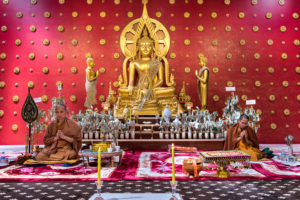 Our next “Meet My Religious Neighbor” open house is on Sunday, October 8th from 10am – 12pm. It will be held at one of the Lao Buddhist temples in Des Moines, Wat Phothisomphan, which is located at 2560 SE 14th Street.
Our next “Meet My Religious Neighbor” open house is on Sunday, October 8th from 10am – 12pm. It will be held at one of the Lao Buddhist temples in Des Moines, Wat Phothisomphan, which is located at 2560 SE 14th Street.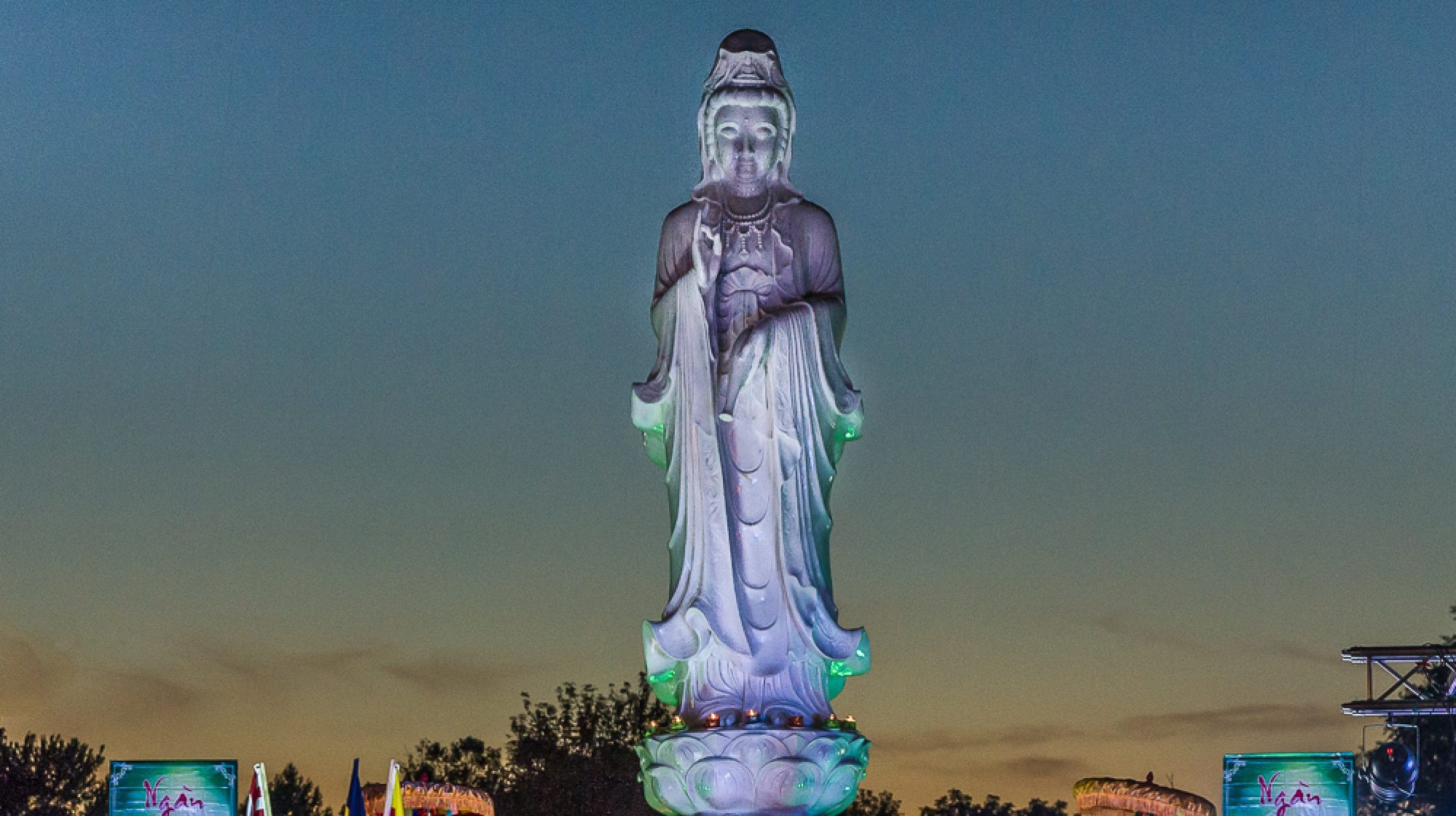

 Umeyye Isra Yazicioglu
Umeyye Isra Yazicioglu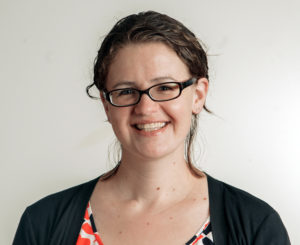
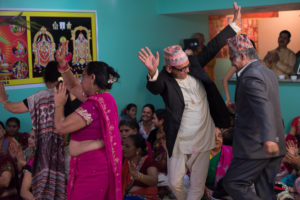 Our next “Meet My Religious Neighbor” open house is on Saturday, September 2nd, from 6-8pm. It will be held at the home of one of the members of the Hindu Cultural and Educational Center at 2513 E. Porter Ave in Des Moines. (This Hindu community does not yet have its own temple.)
Our next “Meet My Religious Neighbor” open house is on Saturday, September 2nd, from 6-8pm. It will be held at the home of one of the members of the Hindu Cultural and Educational Center at 2513 E. Porter Ave in Des Moines. (This Hindu community does not yet have its own temple.)